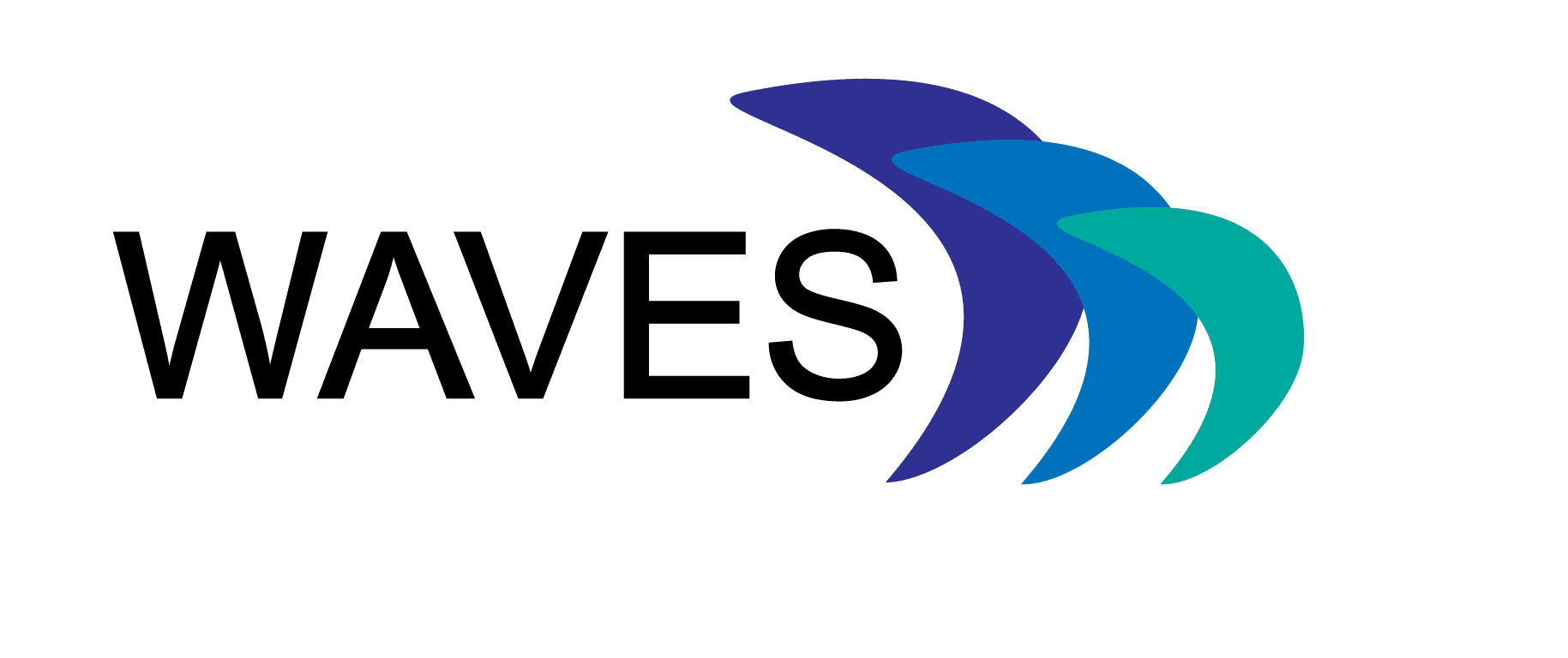Following up on the WAVES project, Masaryk University applied the valuable know-how into its emerging complex simulation centre (SIMU), where the Virtual Patient program became one of its most important subprojects. The WAVES project also led to new collaborations and hence Masaryk University is now coordinating a new strategic partnership within Erasmus+, called TELSON, which will use virtual scenarios as a resource for delivering team-based learning.
SIMU: low-fidelity simulations do have their place in a complex simulation centre
The Simulation Centre project at Masaryk University (SIMU) aims at upgrading the teaching and learning processes of MU medical programmes through the implementation of advanced features of simulation medicine. Curriculum revisions mostly impact the practical part of teaching, which are now being expanded to include a comprehensive range of simulation teaching methods, using patient’s simulators, mannequins and virtual and standardized patients.
Scenario-based learning and virtual patients form an important toolkit in the SIMU project. This tools will – together with high-fidelity simulations and implementation of OSCE (Objective Structured Clinical Examination) – enrich and change a major part of the curriculum in the General Medicine and Dentistry courses. During the last weekend of November 2018, the SIMU team obtained the first part of a training series from the SGUL team with a focus on branched virtual patients, scenario-based learning and collaborative learning methods, see the pictures.
TELSON: going beyond medicine with virtual scenarios
TELSON (Problem-based and TEam-based Learning Strategies in the educatiON of biomedical and life sciences) project aims at: (1) innovating teaching practice through technology-enhanced learning tools, such as virtual scenarios; (2) developing students’ critical thinking and reasoning skills with the use of scenario-based learning methods; (3) sharing know-how and transferring best practices from universities which have already gone through a successful implementation of authentic, motivating, competency-based learning styles into curricula; (4) delivering interactive virtual scenarios in the languages and cultures of the partners and associated educational networks; (5) comparing pedagogical value and efficiency of two different but established scenario-based learning methods: Problem-Based Learning (PBL) and Team-Based Learning (TBL).
The partnership of this project comprises three institutions from three European countries: Masaryk University (Czech Republic), “Grigore T. Popa” University of Medicine and Pharmacy Iasi (Romania), and St George’s University of London (United Kingdom).
The TELSON project embodies a number of training, teaching and learning activities, to ensure seamless implementation of PBL a TBL methods with the use of VS into the curricula of these courses: Medicine, Mathematical Biology, Neuroscience, and Physician Associate; and to create a positive didactic and pedagogic change in student learning. The first training activity took place in Romania in February 2019 and the participants delivered a very positive feedback, see the pictures.
26. 6. 2019







